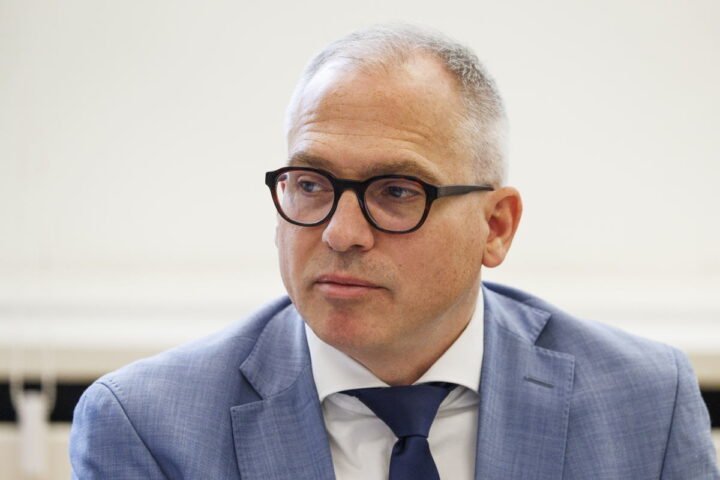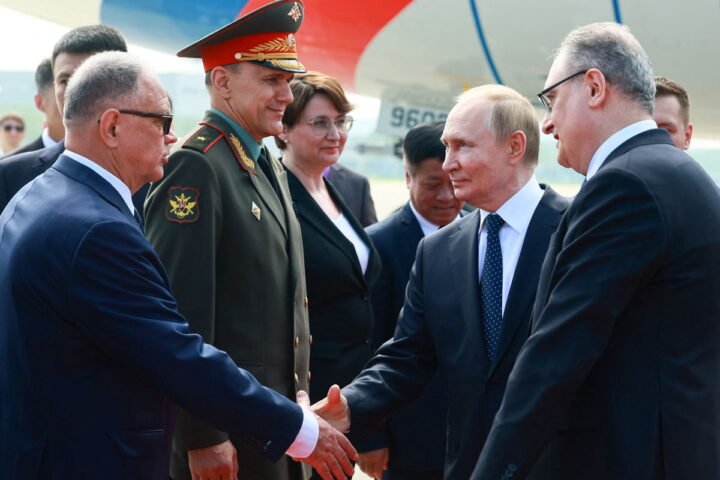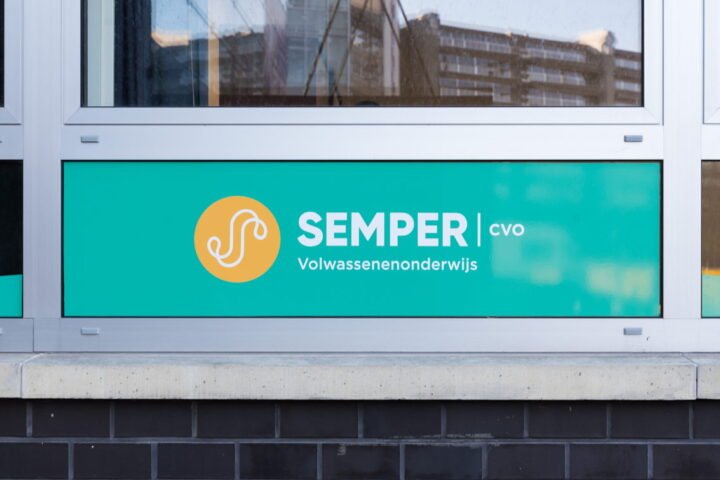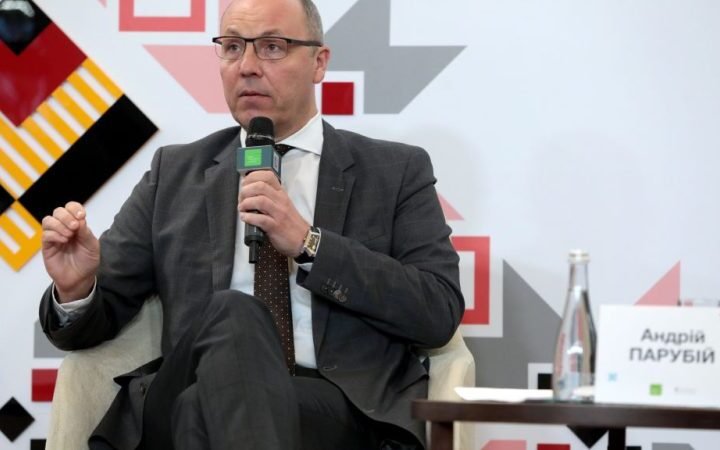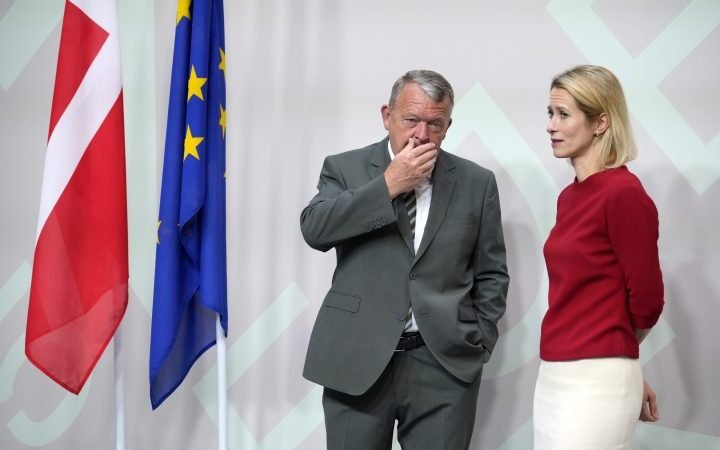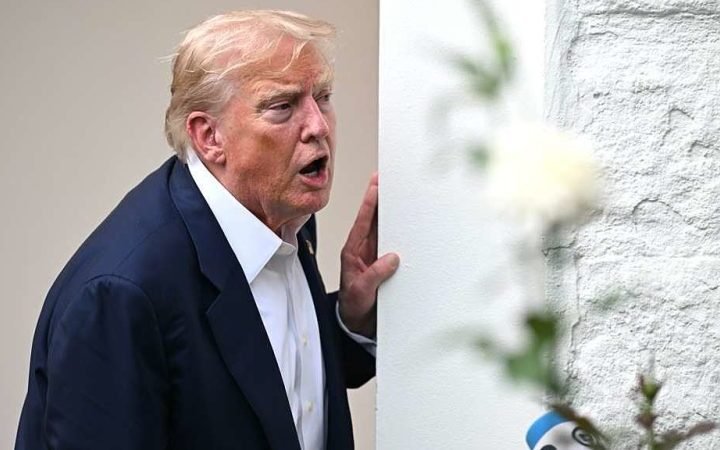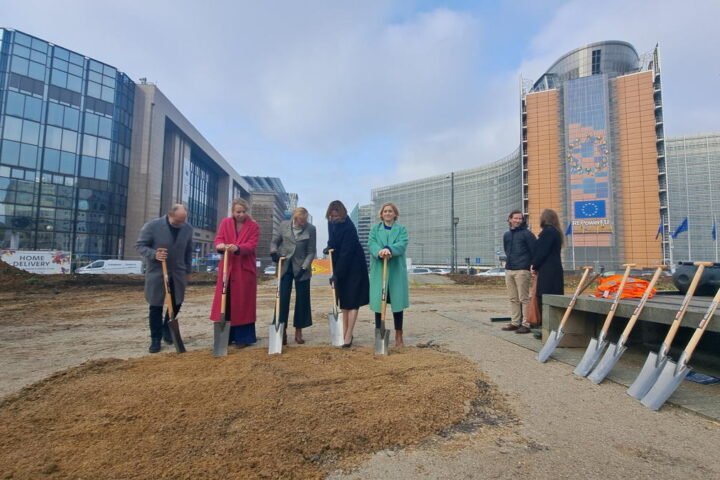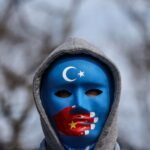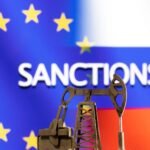As the war in Ukraine grinds on and Western sanctions against Russia continue to tighten, one diplomatic visit has turned heads from Brussels to Central Asia. Slovak Prime Minister Robert Fico’s trip to Kazakhstan — officially framed as an economic mission — is sparking speculation about deeper motives and geopolitical undercurrents.
Behind the talks of investment, logistics, and energy, lies a more strategic narrative. And it’s one that could ripple far beyond the steppe.
Is the Economy Just a Cover Story?
Kazakhstan, known for walking a careful tightrope, has recently embraced the language of neutrality. As Astana looks to position itself as a regional mediator, it remains a crucial crossroads for Chinese, Russian, and increasingly, European interests.
While Slovakia is firmly part of both the EU and NATO, Robert Fico’s government has taken a divergent stance on Ukraine. Bratislava has already cut off military aid to Kyiv, and insiders suggest the country is seeking closer ties with states willing to quietly challenge the sanctions framework set by Brussels and Washington.
A Financial Signal to the Kremlin
For Moscow, Slovakia could become a subtle conduit for economic “reorientation” toward Europe — through backdoor tech partnerships, private funds, and informal logistics chains. Kazakhstan and Kyrgyzstan have long served as testing grounds for such financial pathways.
And the composition of Fico’s delegation has raised eyebrows. Among the visitors are figures previously linked to offshore finance schemes, investment scandals, and roles in Eurasian Economic Union (EAEU) ventures. Coincidence? Unlikely.
Brussels Stays Quiet — But Alert
There’s been no official comment from the European Commission, but diplomatic sources confirm that the EU External Action Service (EEAS) is closely monitoring the trip. If Slovakia ramps up economic engagement with Kremlin-aligned partners, it could trigger a serious debate within the EU over the integrity of the sanctions regime.
A break in the ranks — especially from within the Union itself — might open the door to broader sanctions fatigueacross other member states.
Astana at the Center — Or the Crossroads?
Fico is no novice on the global stage. His visit to Kazakhstan appears to be more than diplomacy — it’s a calculated move in a broader geopolitical strategy. Some analysts suggest he’s positioning himself as a voice of an “alternative Europe”— one that values dialogue with the East, including with the Kremlin.
But the geopolitical board has its limits. Washington and Brussels are already preparing countermoves. And Kazakhstan, for all its ambitions, may soon face a stark choice: will it become a bridge for new regional integration, or a battleground for competing global interests?
The stakes are rising — and this quiet diplomatic visit might prove to be the opening move in a far more complex game.

